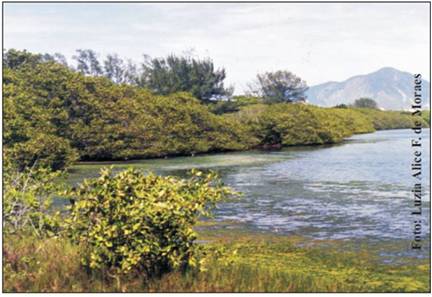NEW APPROACHES TO UNDERSTANDING MICROBIAL DIVERSITY IN WASTEWATER, LANDFILLS AND LEACHATE TREATMENT
Keywords:
Microbial ecology, cultivation independent methods, waste, pyrosequencingAbstract
Population growth is accompanied by an alarming increase of solid and liquid waste production worldwide. The maintenance of soil and water reservoirs as well as their protection against pollution effects are of extreme importance for human civilization. Microorganisms are directly involved in biogeochemical cycles, being key drivers of the degradation of many carbon sources, as pollutants, which when properly known and managed provide a wide range of applications, including in wastewater, landfills and leachate treatment. Recent advancements in molecular tools to study the diversity and function of microbial communities are driving and contributing to a better understanding of microbial ecology, and researchers apply this knowledge to manage and understand biotechnological processes. In wastewater and leachate treatment, as well in landfills, microbial ecology techniques have been applied to study the behavior of microbial community during the process. This article will briefly outline the most widely used and the newest tools presenting their potential and limitations.


